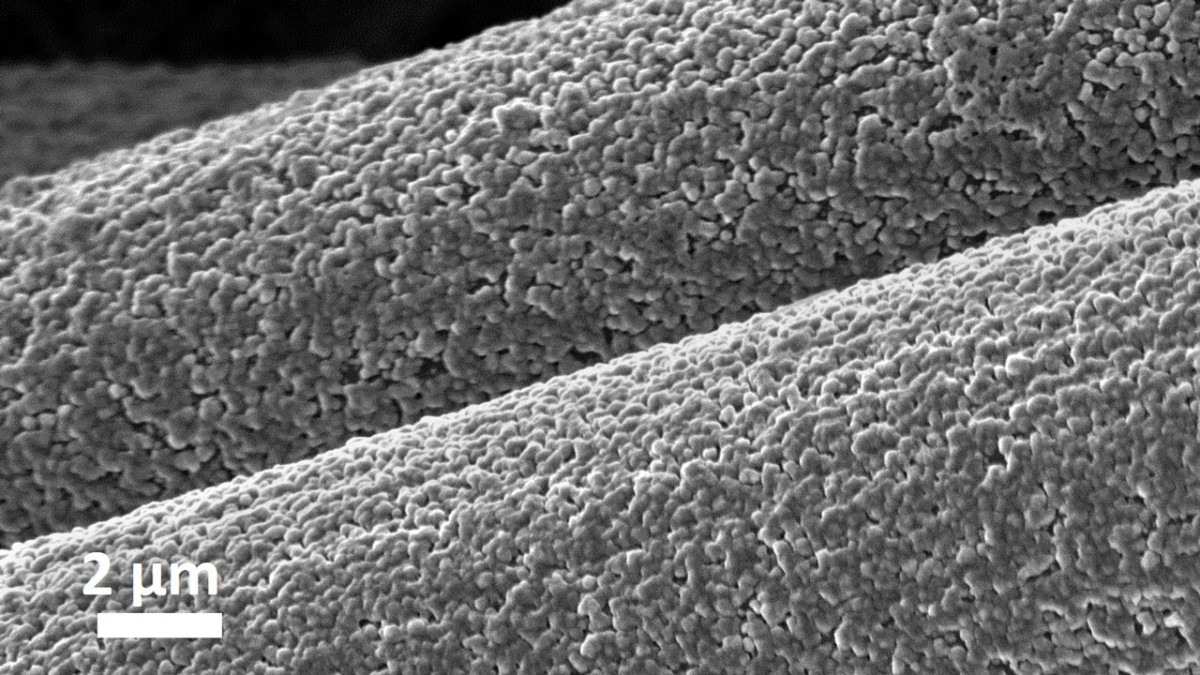
Scientists from Nanyang Technological University, Singapore (NTU Singapore) have developed a technique to convert waste paper, from single-use packaging and bags, and cardboard boxes, into a crucial component of lithium-ion batteries.
Through a process called carbonization which converts paper into pure carbon, the NTU researchers turned the paper’s fibers into electrodes, which can be made into rechargeable batteries that power mobile phones, medical equipment, and electric vehicles.
To carbonize the paper, the team exposed the paper to high temperatures, which reduces it to pure carbon, water vapor and oils that can be used for biofuel...
Read More








Recent Comments